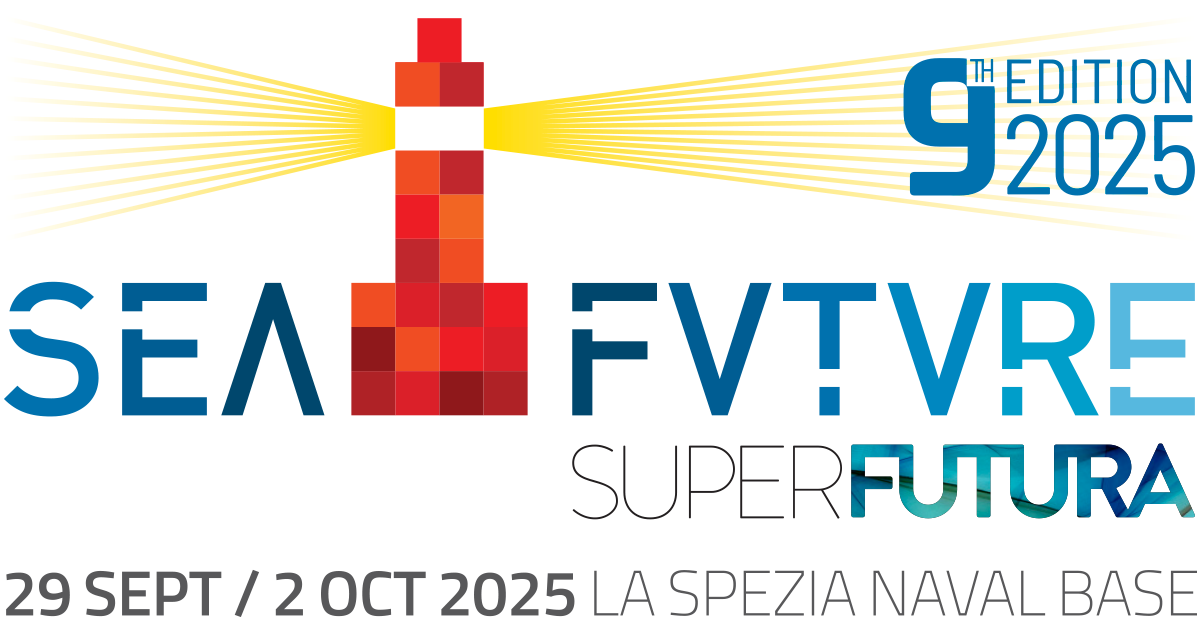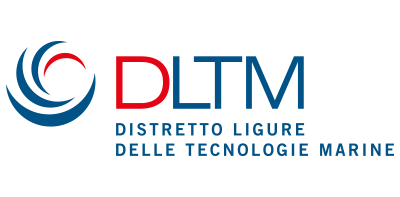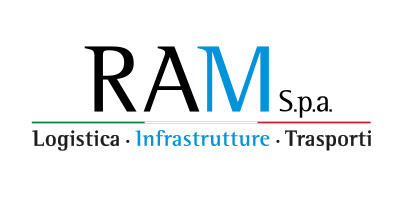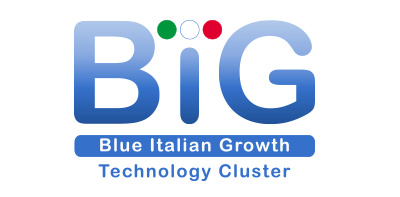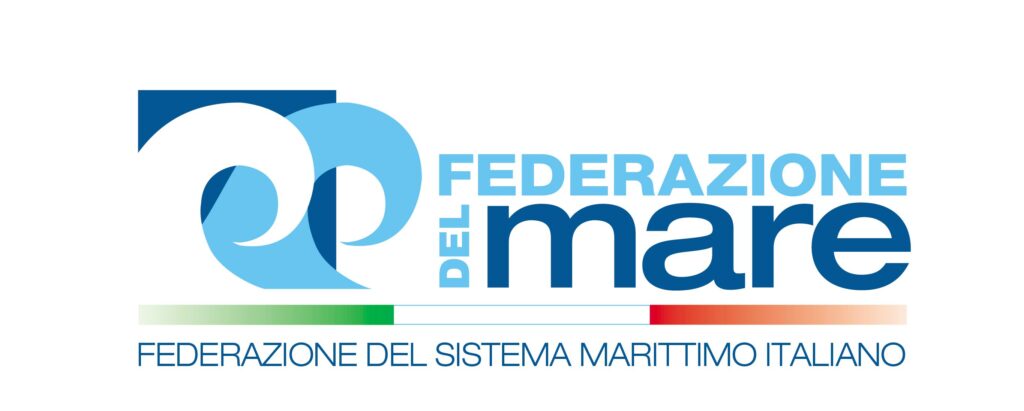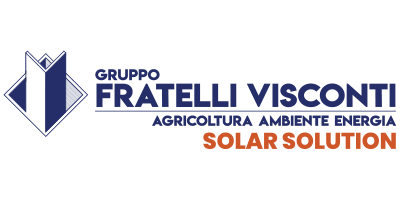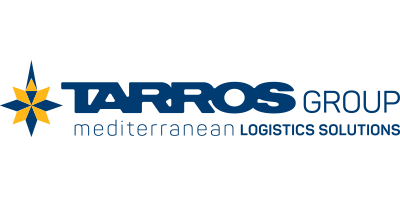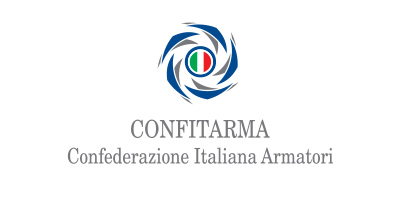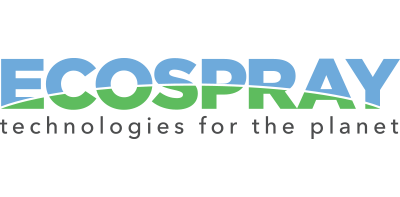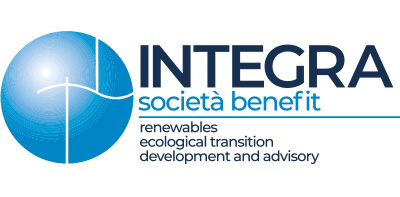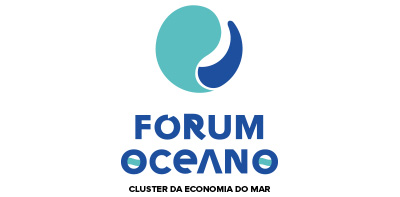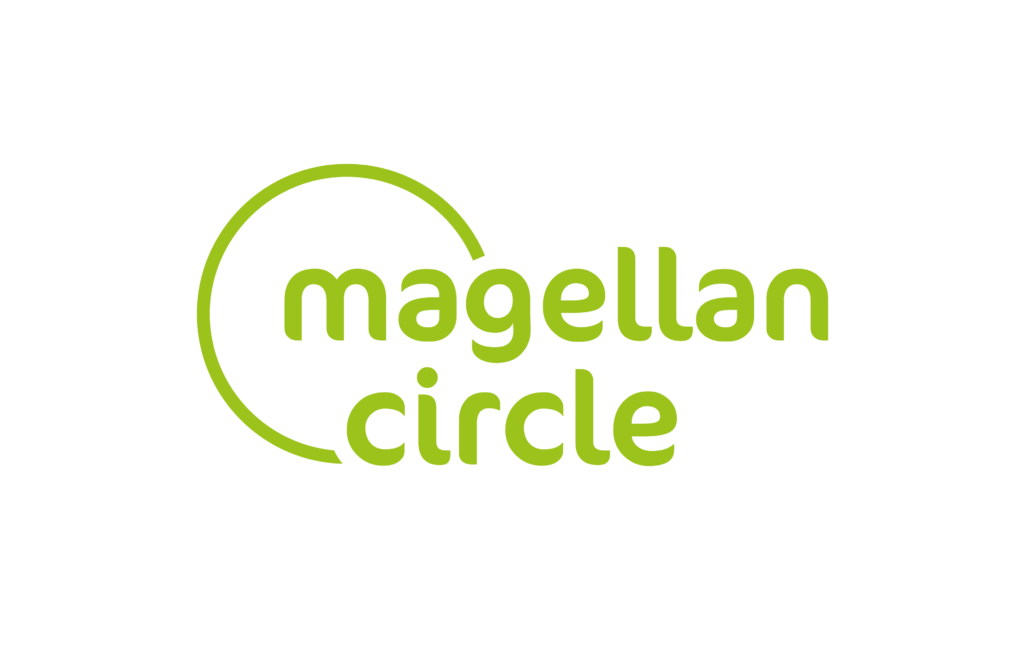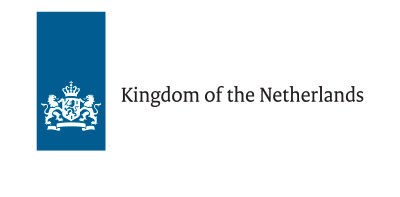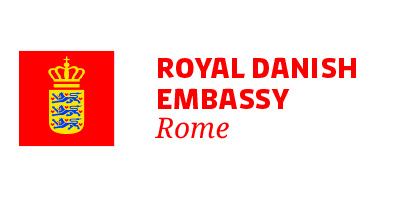GREEN&BLUE INNOVATION HUB
TOP BUSINESS EXPERIENCE
In the current European energy transition process, a sustainable blue economy represents an essential element in achieving the climate and environmental objectives set by the European Commission, starting with those programmed in the Green Deal, including: climate neutrality, decarbonisation of maritime transport, passage to a circular economy, marine environment protection, new policies to increase the resilience of coastal areas to climate change, better management of maritime space.
In this context, a new role also emerges for one of the fundamental nodes of the blue economy: ports, which also become “energy hubs” and at the same time contribute to the development of a circular economy. In the conference sessions we highlight the latest trends and innovations applied to the blue
economy sector to make it increasingly sustainable and to support the energy transition.

